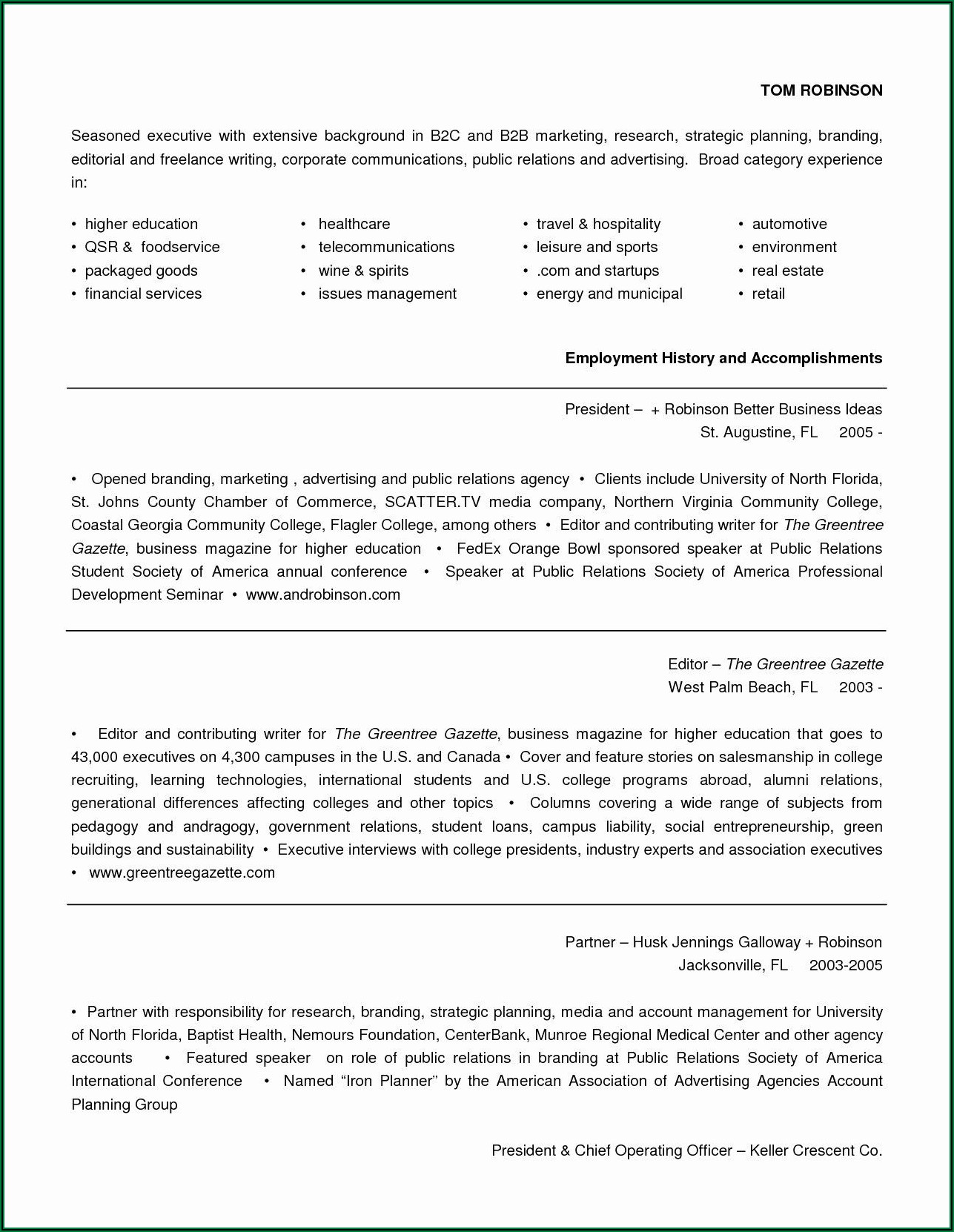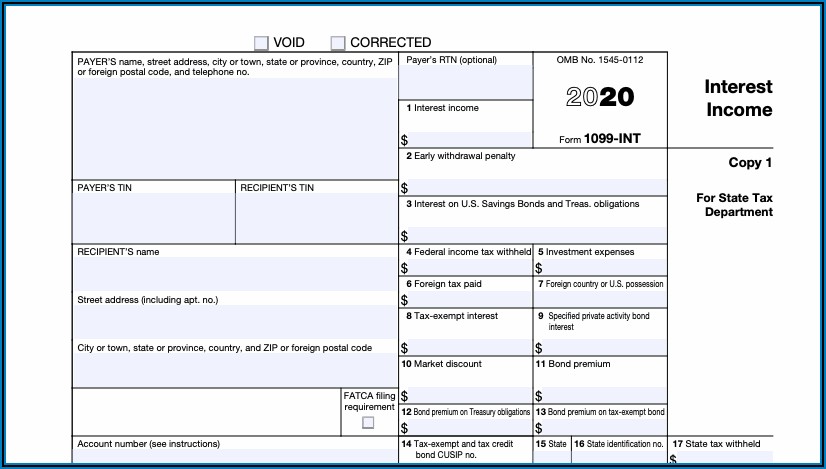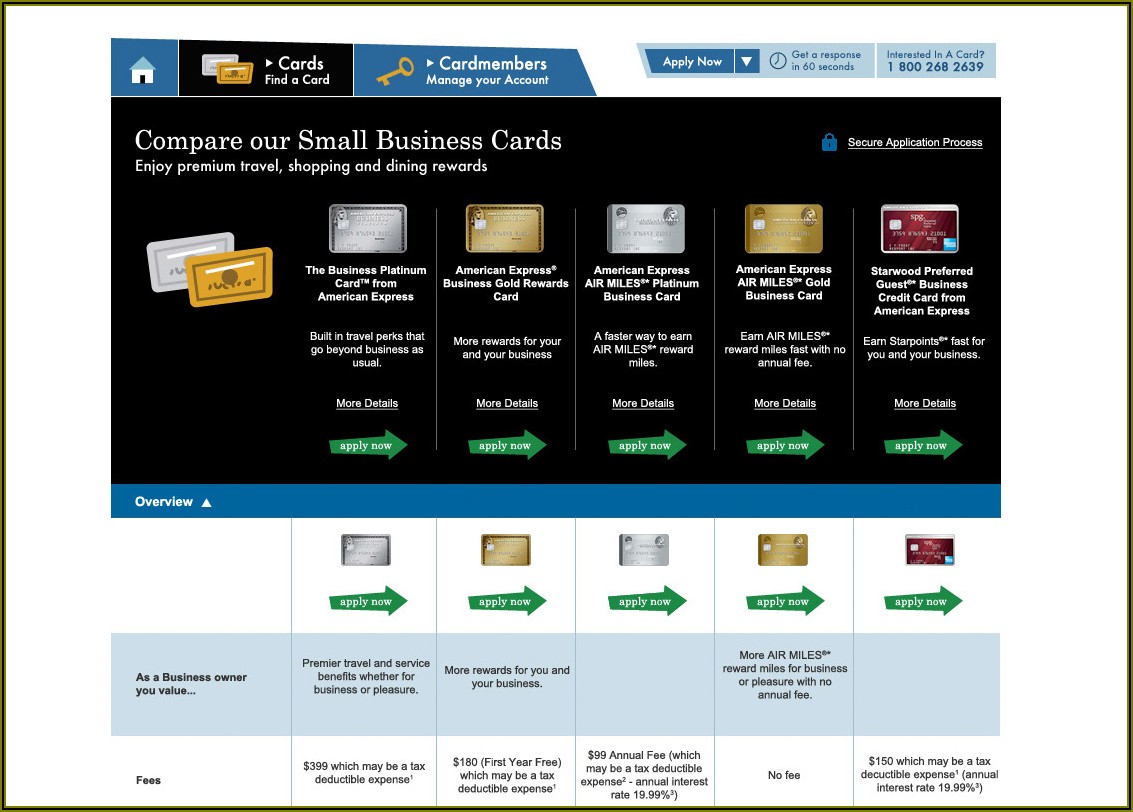Constant Complaints
Many people complain that many of the meetings they attend lack quality in some way. There are no conclusions. There are no decisions. There are always disagreements. Others continue to waffle. It’s always the “others” that talk. They drag on. They don’t get a good listening and so forth.
These ideas might help to reduce the worst excesses in meetings
1. Keep on Time
No matter how many people are expected, start on time. Latecomers may miss out on something they want to say. They’ll become more punctual over time.
2. Finish on Time.
Stick to your deadlines. You can schedule another meeting if you are still not done with your business by the time allotted. It is unreasonable to expect busy people who have already interrupted their normal work to sit in meetings for seemingly endless hours.
3. Restrict Participation.
Only invite contributors. A meeting should not be attended “for experience” or “as an observer”. There is usually no reason to ask people to attend meetings if they have nothing to offer or are unlikely to be affected by the discussions.
4. Clear Objectives
Stick to the purpose of your meeting. If participants are not likely to have a significant impact on the meeting purpose, they should be stopped from bringing up other issues. Stick with a topic and a goal.
5. Full Participation
Encourage participation at all levels. Encourage everyone to feel that they have had the chance to “have their say”. Some participants might want to talk down or out-talk others. This type of behavior should be stopped as soon as it begins.
6. Encourage small meetings
If only a few people are qualified to speak on an aspect of a topic, encourage them to do so separately and then report back to the entire group. This ensures that the meeting doesn’t get bogged down with technical issues where only a few people are qualified to speak.
7. Recorded Decisions
Note any decisions made or conclusions reached. Make a list of who is responsible and when they must be completed. After the meeting, circulate this information to all attendees. It is best to schedule another meeting before everyone leaves. It’s best to schedule another meeting while everyone is together.
Conclusion.
Meetings can be tedious, boring, and even downright unpleasant. Meetings can be fun, productive, and even enjoyable. Every business meeting should be a positive experience that leads to business success and progress. These tips can help you make sure that this is the case for your business.
Leon Noone assists managers in small-medium businesses to increase on-the-job performance without having to take training courses. His ideas are very unconventional. Leon challenges the conventional wisdom on people management and management training. He is also effective in job performance in small-medium businesses.




















